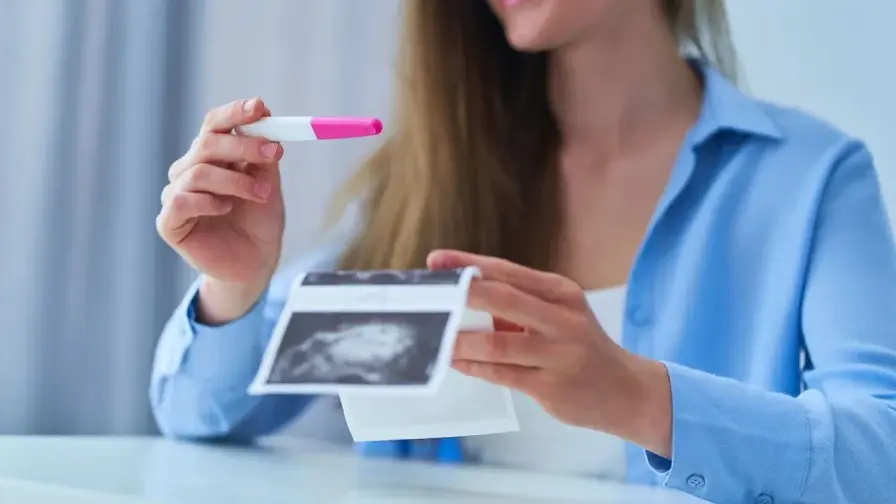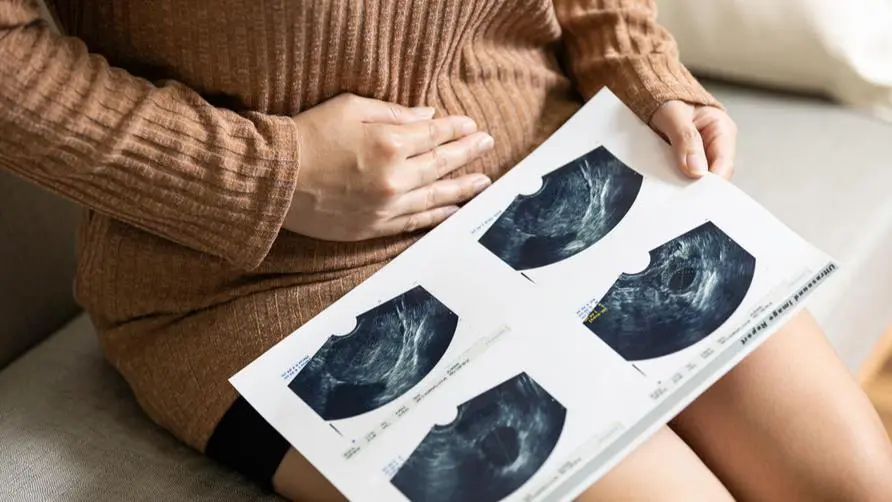Is infertility treatment too painful? More than half of patients are worried about ovulation injections! Doctors call for expanded subsidies to save the cliff-hanging birth rate

The number of newborns has bottomed out at less than 140,000! Doctor: The government should expand artificial reproduction subsidies
The fertility rate of Taiwanese people continues to be low. The latest statistics show that there will be only 138,900 newborns in Taiwan in 2022. Wu Zhaojun, director of the Taiwan Health Promotion Administration, said that since artificial reproduction subsidies were launched in July 2021, more than 10,000 newborns have been born so far, and an average of more than 3,000 couples are helped every month who are unable to conceive naturally or who need medical assistance. The number of publicly funded prenatal checkups has been increased from 10 to 14, including anemia checks at 20-24 weeks, to protect the health of women during pregnancy, improve the quality of prenatal care and ensure the safety of mothers and babies.
Dr. Chen Siyuan, chairman of the Taiwan Obstetrics and Gynecology Association, said that after the promotion of artificial reproduction subsidies, the atmosphere among Taiwanese people to accept infertility testing and treatment has significantly improved, making more patients willing to actively receive treatment. Currently, women of childbearing age in their 30s have a very high success rate in undergoing artificial reproduction, which not only increases embryo safety, but also reduces problems such as ovarian overstimulation. It is hoped that the government will continue to expand artificial reproduction subsidies and welcome more newborns in 2024, the Year of the Dragon.
Dr. Chen Meizhou, chairman of the Taiwan Society of Reproductive Medicine, reminded that the declining birth rate is recognized as a serious national security issue. It has been observed that in recent years, women in childbearing years have paid more attention to the source of information on artificial reproductive medicine. However, many women are worried about subsidy qualifications and consultation channels for artificial reproduction. For example, women under the age of 39 are currently limited to no more than 6 births per birth, while women aged 40-44 are not allowed to have more than 3 births per birth. These restrictions need to be promoted early. Let more couples receive treatment at the right time and achieve their dream of having children.
Taiwanese’s first child is 31.23 years old! Test AMH and sperm count after marriage and before pregnancy
As most Taiwanese people marry later and become pregnant later in life, the average age of first child in 2021 will be 31.23 years old. Huang Chujun, secretary-general of the Taiwan Society of Reproductive Medicine and attending physician at the Department of Obstetrics and Gynecology of National Taiwan University Hospital, pointed out that nearly one-third of women over the age of 35 get pregnant, which not only increases the difficulty of conception but also increases the risks during pregnancy. It is recommended that couples who have a childbearing plan should receive post-marital pre-pregnancy check-ups as soon as possible. Women can check AMH and ovarian function and other values. Men are also recommended to check sperm count, motility and forward speed.
In addition, testing for genetic disease genes can significantly reduce the chance of newborns having genetic diseases. Dr. Huang Chujun pointed out that there are more than 20,000 genes in the human body, and complete testing can prevent babies from hearing loss, metabolic diseases, Pompe disease, lactosemia, Fragile X syndrome (FXS) and severe Qiuxin muscular atrophy. disease (DMD) and other risks. It is recommended to discuss appropriate testing with your obstetrician and gynecologist before preparing for pregnancy.
Infertility treatment is painful for women! More than half of women are worried about ovulation injections
Although the government promotes artificial reproduction subsidies for infertility, women generally still have some concerns about infertility treatments, especially ovulation injections. Dr. Huang Chujun said that up to 57% of the infertility patients surveyed believed that they still had concerns about administering ovulation injections even after receiving detailed explanations and practice on drug administration; 45% of the surveyed patients said they had made injection errors. , and therefore worried and anxious; 55% of patients said that daily ovulation injections had varying degrees of impact on daily life. In order to complete the infertility treatment, some patients even go to and from the hospital to inject ovulation injections for more than 10 days every day.
Dr. Huang Chujun pointed out that with the advancement of medical treatment, the risk of ovarian hyperstimulation caused by ovulation injections has been significantly reduced. There are also a variety of ovulation injection dosage forms, such as long-acting ovulation injections that only need to be administered once a week, which can help reduce pain and pain during the treatment. Anxiety can also reduce the psychological pressure of injecting ovulation injections.
Up to a quarter of older mothers complete prenatal check-ups to reduce high-risk pregnancies
Dr. Chen Zhenyu, director of the Taiwan Obstetrics and Gynecology Society and director of the High-Risk Pregnancy Department of Taipei Mackay Memorial Hospital, pointed out that from pregnancy to vaginal delivery, ensuring the safety of pregnant women and the fetus in the belly is the most important. From July 2021, the number of publicly funded prenatal checkups will be increased to 14. Ensure that important tests such as blood, ultrasound, and gestational diabetes can be carried out from early to late pregnancy, including using ultrasound to check the embryo size and implantation position, examining the fetal limbs and body prototype, and checking whether there are any abnormalities in heart beating and chambers, allowing the medical team to Work with pregnant women to fully understand fetal health risks.
Dr. Chen Zhenyu emphasized that on average, one in four people in Taiwan is a mother over 35 years old, which increases the incidence of high-risk pregnancies and may impact the health and even life safety of pregnant women and fetuses. Through comprehensive prenatal check-ups during pregnancy, the medical team can help the medical team understand the physical condition of pregnant women, and can intervene in treatment in time to reduce the impact of health hazards.
Dr. Chen Zhenyu reminds people who have late family planning schedules to undergo fertility tests to facilitate timely adjustment of plans. If you find that your reproductive ability has deteriorated, don’t be discouraged. In addition to government subsidies for infertility treatment, there are also relatively mature artificial reproductive technologies and multiple ovulation injections that can help patients create a personalized treatment course. The public is reminded to make good use of the government’s pregnancy testing resources and actively provide postpartum care.
Further reading:




